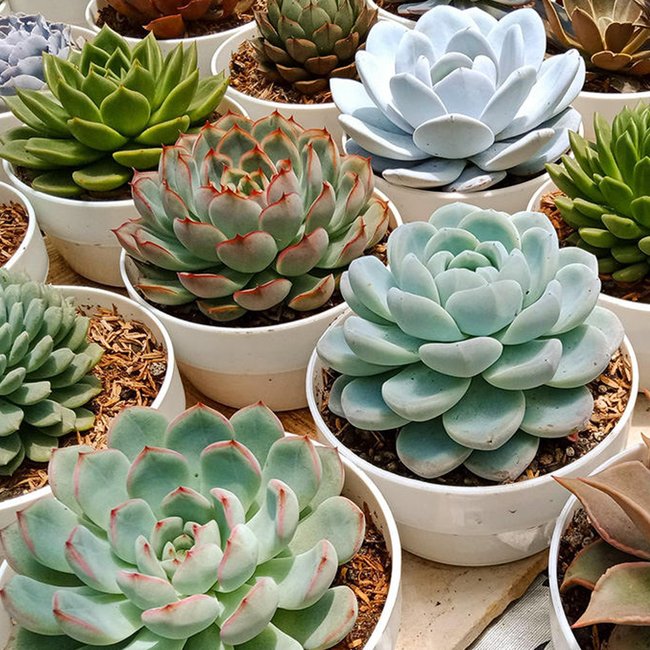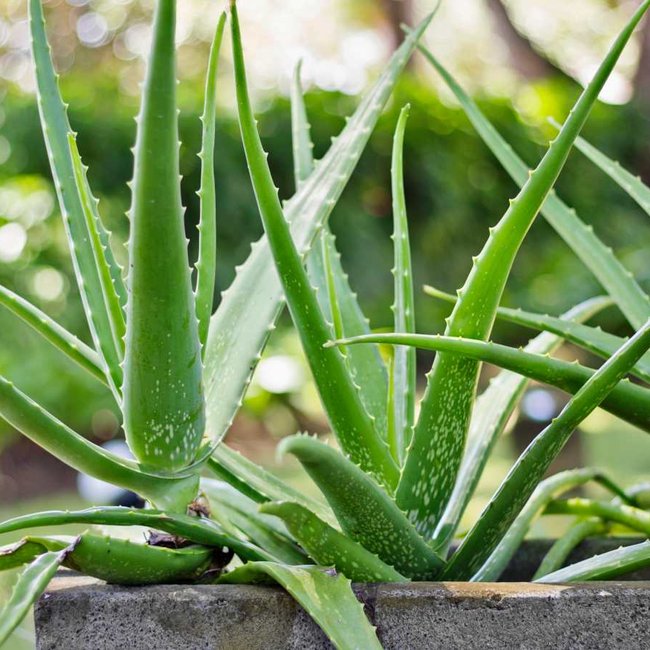Raccoons
Raccoons are mammals native to North America and are known for their distinctive black and white facial masks. They are highly adaptable, opportunistic omnivores, and are found in a variety of habitats including urban areas. Raccoons are incredibly intelligent, resourceful, and curious, making them one of the most beloved and recognizable creatures in the world.
Meta Information
Scientific Name
Procyon lotor
Average Lifespan
2-3 years in the wild, up to 10 years in captivity
Average Size
Raccoons typically weigh 8-20 lbs and measure 16-28 inches in length
Similar To
Badgers, skunks, coatis, kinkajous
Lifecyle
Raccoons typically have one litter of up to seven young per year, usually born in the spring or early summer. The young are weaned at about eight weeks of age, and will stay with their mother until the fall. After leaving their mother, the young will disperse to find their own territories.
Diet
Raccoons are omnivores, meaning they eat both plants and animals. Their diet consists of fruits, nuts, insects, eggs, small mammals, amphibians, and carrion. They are also known to eat pet food and garbage, which has earned them the reputation of being pests in some areas.
Habitat
Raccoons are found in a variety of habitats, including forests, wetlands, and urban areas. They are highly adaptable and can survive in a range of climates, from tropical rainforests to cold northern climates.
-
What are raccoons?
Raccoons are medium-sized mammals native to North America. They are easily recognized by their distinct facial mask and ringed tail. They have a stocky build and are covered in dense fur that is usually grayish-brown in color. Raccoons are omnivores, which means they eat both plants and animals, and are known for their adaptability and intelligence.
-
Where do raccoons live?
Raccoons are found throughout North America, from southern Canada to Panama. They are adaptable animals and can live in a variety of habitats, including forests, wetlands, urban areas, and suburban neighborhoods. They are primarily nocturnal animals and are often seen foraging for food at night.
-
What do raccoons eat?
Raccoons are omnivores and will eat almost anything they can find. Their diet includes fruits, nuts, insects, small animals, and even human food. They are known for their ability to open trash cans and raid gardens for fresh produce.
-
Are raccoons dangerous?
While raccoons are not typically aggressive towards humans, they can be dangerous if they feel threatened or cornered. They have sharp claws and teeth and can carry diseases like rabies. It is important to never approach or try to handle a raccoon and to contact a wildlife professional if one is causing problems.
-
How do raccoons reproduce?
Raccoons typically breed in late winter or early spring. Females give birth to litters of 2-5 kits after a gestation period of around 63 days. The kits are born blind and helpless and are cared for by their mother until they are old enough to fend for themselves.
-
How long do raccoons live?
In the wild, raccoons typically live for 2-3 years. However, they can live up to 20 years in captivity. Factors like disease, predation, and habitat destruction can impact their lifespan in the wild.
-
What is the conservation status of raccoons?
Raccoons are listed as a species of "Least Concern" by the International Union for Conservation of Nature (IUCN). This means that their populations are stable and they are not currently at risk of extinction. However, they can face threats from habitat destruction, hunting, and disease outbreaks.
-
Can raccoons be kept as pets?
While raccoons may seem cute and cuddly, they are not suitable as pets. They are wild animals and have strong instincts that can be difficult to control. In many places, it is also illegal to keep raccoons as pets. It is important to remember that they belong in the wild and should be left there to live their natural lives.
-
How do I keep raccoons away from my property?
Raccoons are attracted to areas with easy access to food and water, so it is important to secure trash cans, remove any potential food sources like pet food or fallen fruit, and seal any openings that could provide entry points to your home or attic. You can also use motion-activated sprinklers or lights to deter raccoons from your property. If you are experiencing persistent problems with raccoons, it is best to contact a wildlife professional for assistance.
10 Fun Facts About
1. Raccoons are nocturnal, meaning they are most active at night. 2. Raccoons have an amazing sense of touch, thanks to their sensitive front paws. 3. Raccoons are excellent swimmers, and can even use their front paws to paddle. 4. Raccoons are very intelligent, and can learn to use tools to get food. 5. Raccoons have a unique facial feature called a “mask”, which helps them to blend into their surroundings. 6. Raccoons are excellent climbers, and can scale walls and trees with ease. 7. Raccoons have a unique “handshake”, which is a way of greeting each other. 8. Raccoons can live up to 10 years in the wild. 9. Raccoons can be trained to perform tricks, such as retrieving objects. 10. Raccoons are capable of making a wide range of vocalizations, including chirps, purrs, and growls.
Pun
What did the raccoon say when he got caught stealing? “Masked bandit!”
Out Thoughts About
🤩 Raccoons are amazing animals with a ton of personality and intelligence!







